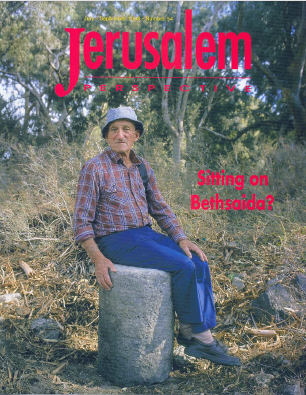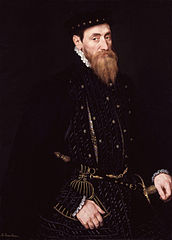How to cite this article: Magen Broshi, “From Allegro to Zeitlin,” Jerusalem Perspective 54 (1998): 34-35 [https://www.jerusalemperspective.com/1560/].
“Gresham’s Law (Economics): the theory that if two kinds of money in circulation have the same denominational value but different intrinsic value, the money with higher intrinsic value (called good) will be hoarded and eventually driven out of circulation by the money with lesser intrinsic value (called bad).” (From The American Heritage Dictionary, expounded by Sir Thomas Gresham [1519?-1579], English financier.)
Gresham’s Law ought to be applied also to the world of scholarship, and then it may be called the Gresham-Broshi Law. This law asserts that false, sensational and “light” pseudo-information tends to drive genuine, serious and good information out of circulation.
There is little doubt that any intelligent reader will be able to marshal convincing evidence in defense of our law. I shall therefore bring only two examples, both from the field of archaeology (not only because it is the subject with which I am best acquainted, but also because, it seems, it is the branch of knowledge suffering most from the effects of this law).
Example one: For every one hundred persons who know (and quote) Erich von Deniken, there are barely ten who know who William Foxwell Albright, the Nestor of Biblical archaeology, was, and hardly one who knows the name of Henri Frankfort, one of the most profound and original students of the Ancient Near East.
Premium Members and Friends of JP must be signed in to view this content.
If you are not a Premium Member or Friend, please consider registering. Prices start at $5/month if paid annually, with other options for monthly and quarterly and more: Sign Up For Premium






